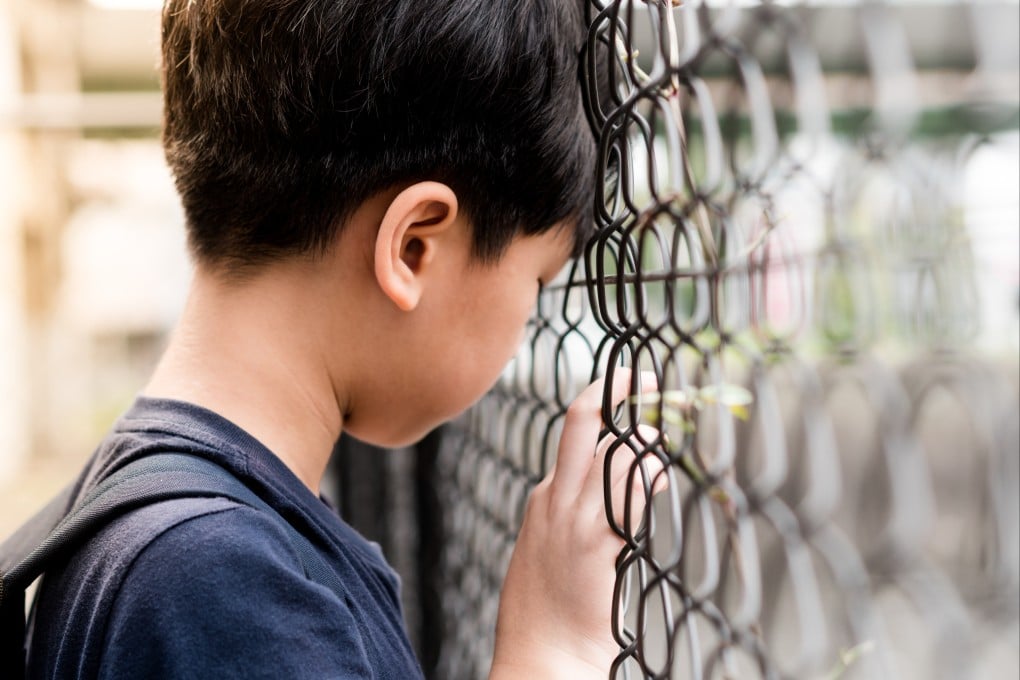Opinion | In Hong Kong, the alarm bells are ringing for children’s mental health
- Child abuse is on the rise, alongside mental disorders and suicides among youngsters, with too many still not getting the help and treatment they need

It’s not hard to identify youngsters needing help; the telltale signs are obvious. If a child or adolescent is depressed for long periods, exhibits confused thinking, worries excessively about things, experiences mood swings, withdraws from friends and activities, or exhibits significant tiredness and low energy, the alarm bells should be ringing.
The researchers, between 2019 and 2023, interviewed 6,082 children and adolescents, as well as their parents, and found that one in 10 children and adolescents suffered from significant sleeping problems. The most common condition was ADHD, which afflicted 10.2 per cent.
The study also found that almost 50 per cent of carers, despite observing mental health problems in their children, were unwilling to seek professional help for them. This was mind-boggling, and points to a system in need of overhauling.
